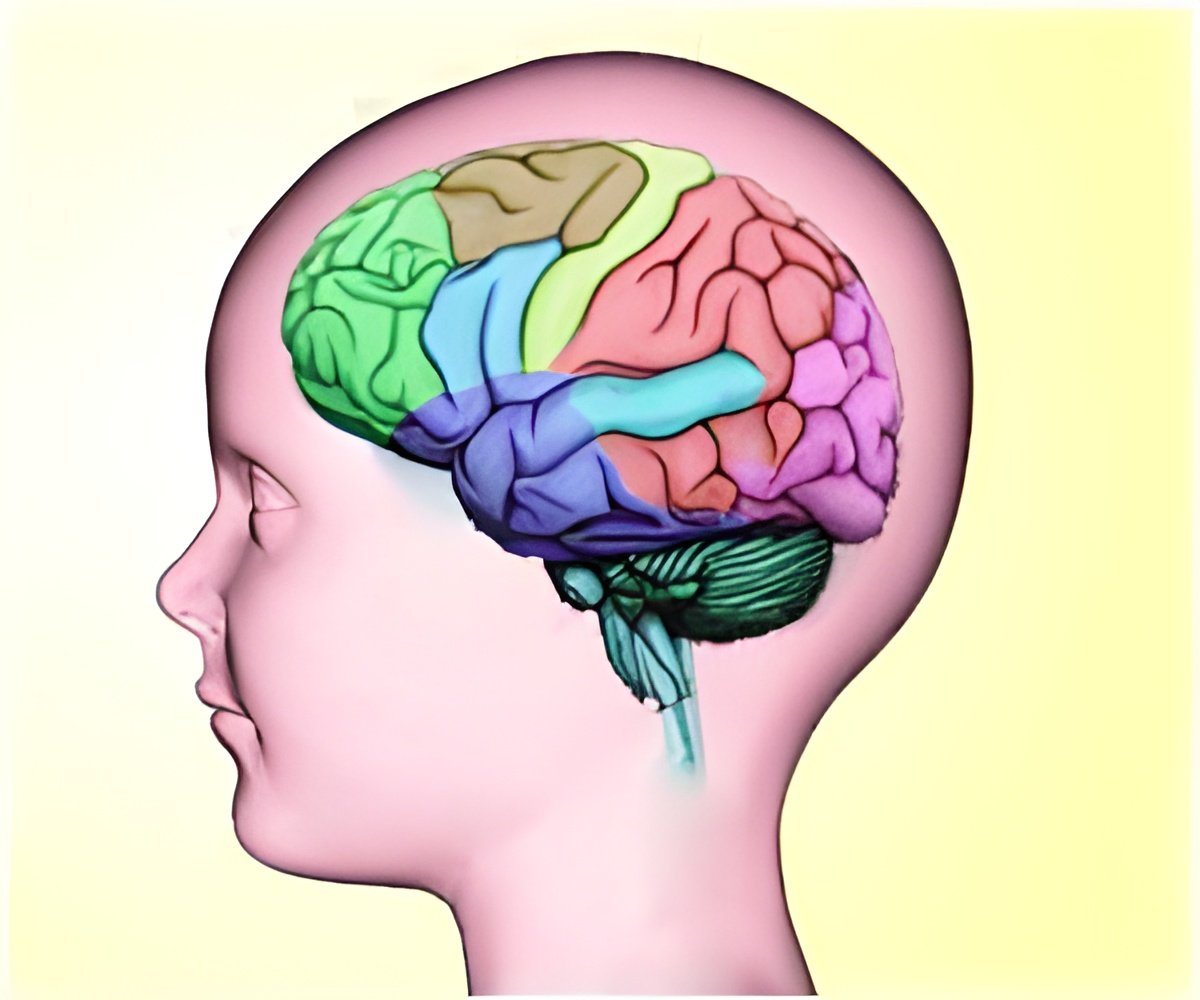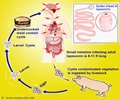Researchers have reprogrammed fibroblasts, a type of skin cell, from Dravet syndrome patients and generated patient-specific neurons.

Jack M. Parent and colleagues at the University of Michigan obtained fibroblasts from both Dravet patients and unaffected controls and reprogrammed the cells to induced pluripotent stem cells (iPSCs) by gene transfer. Forebrain-like neurons were generated from the iPSCs and studied for their electro-physical properties. The Dravet-derived neurons displayed a lower threshold for electrical activity, more repetitive firing, and increased firing frequency than control neurons.
"These findings indicate that patient-specific mutant Dravet cells can be reprogrammed to successfully model an epileptic-like phenotype with in vitro seizure-like activity," Parent says. "Besides providing new insight into disease pathogenesis, this approach using patient-specific cells should prove a valuable tool to screen novel therapies or to evaluate potential new medications for Dravet syndrome and potentially other developmental epilepsies ." This approach should also have broader applications in screening new treatments for other neurological disorders.
Dravet syndrome, also called severe myoclonic epilepsy of infancy (SMEI), is a rare genetic disorder with typical onset in the first year of life. It is a progressive condition characterized by mixed seizure types, frequently including life-threatening status epilepticus. Children with Dravet syndrome have poor language development and motor skills, and hyperactivity. Males are affected twice as often as females.
Editors Note: Authors of this study will be available at a press briefing at 10:00 am, Saturday,
December 3, in the onsite press room, Room 336, of the Baltimore Convention Center. To join the breifing by phone dial in on 1-866-740-1260; pin 5867508#
About the American Epilepsy Society (AES)
The American Epilepsy Society, based in West Hartford, CT, seeks to advance and improve the treatment of epilepsy through the promotion of research and education for healthcare professionals. Society membership includes epileptologists and other medical professionals, allied healthcare professionals, and scientists concerned with the care of people who have seizure disorders.
Advertisement
Advertisement
Source-Newswise









